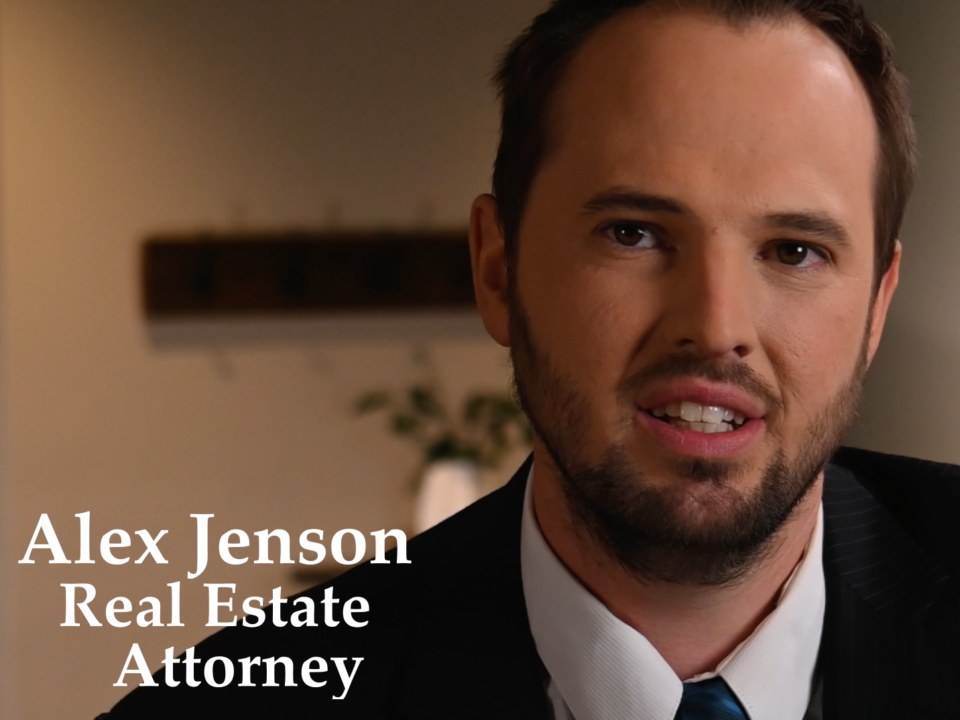Estate planning involves arranging the specifics of your property and assets in preparation for your death. Since you obviously cannot take your property and assets with you when you die, something needs to be done with them. Estate planning is planning for the use, distribution, and/or disposal of your property and assets after you die. For questions about your estate, it is best to contact an experienced estate-planning attorney.
There are six basic steps to estate planning. They are as follows:
- Start communicating with your family
- Know what you have and its worth
- Know what you want
- Choose professionals to help you
- Consider other options
- Review and adapt
These six basic steps will take you through the estate-planning process so that you can be assured that everything you own will be taken care of upon your death, as well as your family.
Communication
Oftentimes, communication can be the most difficult step. No loved one wants to know that you are planning for the inevitable, but it must be done. Perhaps the most effective way to start communicating with your family about your estate plan is to visit with attorneys, bankers, insurance representatives, and other professionals who will help you through your planning process. It is also best to let your family know that if you do not make these decisions and do the planning, then the courts will and it will be more difficult and emotional for everyone involved.
Know What You Have
It is best to assess your financial situation completely, thoroughly, and honestly. An estate-planning attorney will need to know everything, so it is important that you have it all lined up. This will help determine all of your assets and any potential liabilities. Also, this will help you determine the values of all of your assets and property.
Know What You Want
Knowing what you want to accomplish through your estate planning will help you immensely. Everyone has a different goal involving your estate, so it is important to determine what yours is. You can have a different goal for each family member or asset, just make sure you know what it is and that it is accounted for.
Choosing Professionals to Help You
Next, you are going to need to seek professional help to finish your planning. The estate-planning process is complex, and an experienced estate-planning attorney will be one of the many professionals you need to guide you through North Dakota estate laws as well as federal laws. You will also need the assistance of accountants, bankers, and insurance representatives, among others. While you will need professional assistance, remember that no matter what they say, you still hold the power of having the final decision of what happens to your estate.
Consider Options
It is crucial to know your goals and to relay those goals to your professional advisors. This is important because they will explain to you all the different ways to achieve those goals, and it is up to you to pick which way to go. It is also usually beneficial to talk about your goals with people you trust, like a spouse, sibling, or child.
Review and Adapt
Once you have completed planning your estate, it is important to review your plan and make sure it lays out and explains everything that you want. If something is awry, do not hesitate to change it. Also, remember that your estate planning can be fluid, and you can change it in order to adapt to any type of circumstance.
The North Dakota probate attorneys at O’Keeffe O’Brien Lyson Attorneys are experienced attorneys who will guide you through the estate planning process. Contact Steve Welle and make sure you have your affairs exactly how you want them. Call 701-235-8000 or 877-235-8002 today!
Image courtesy of Nick Youngson




